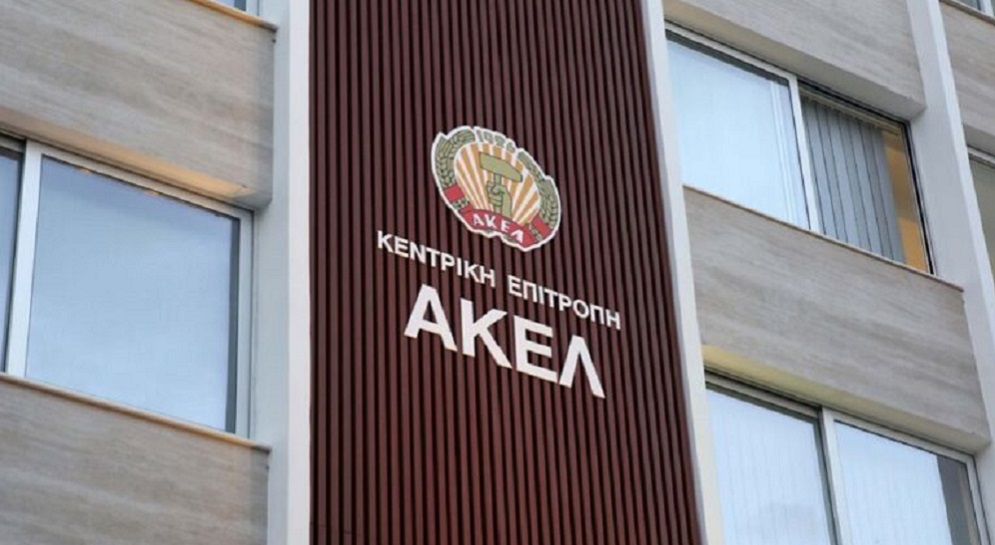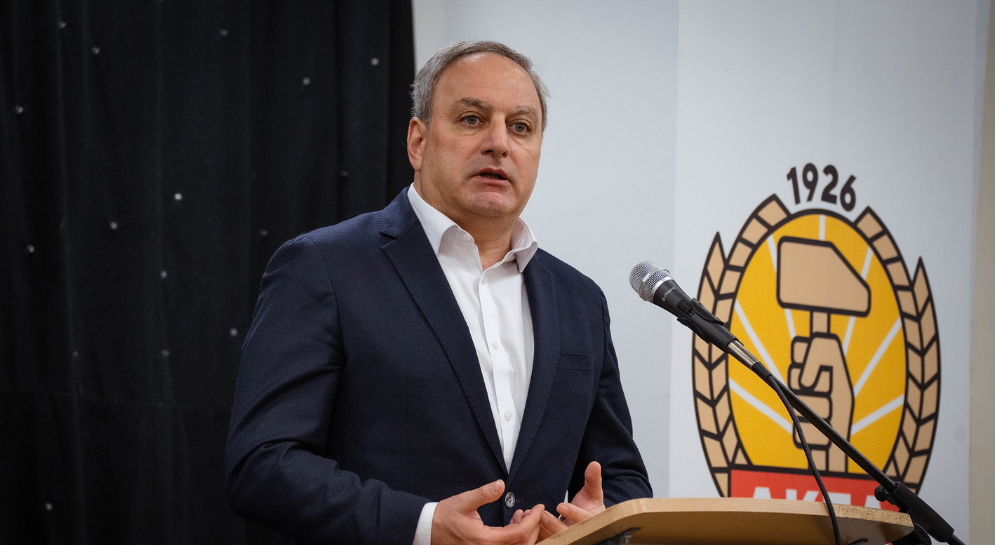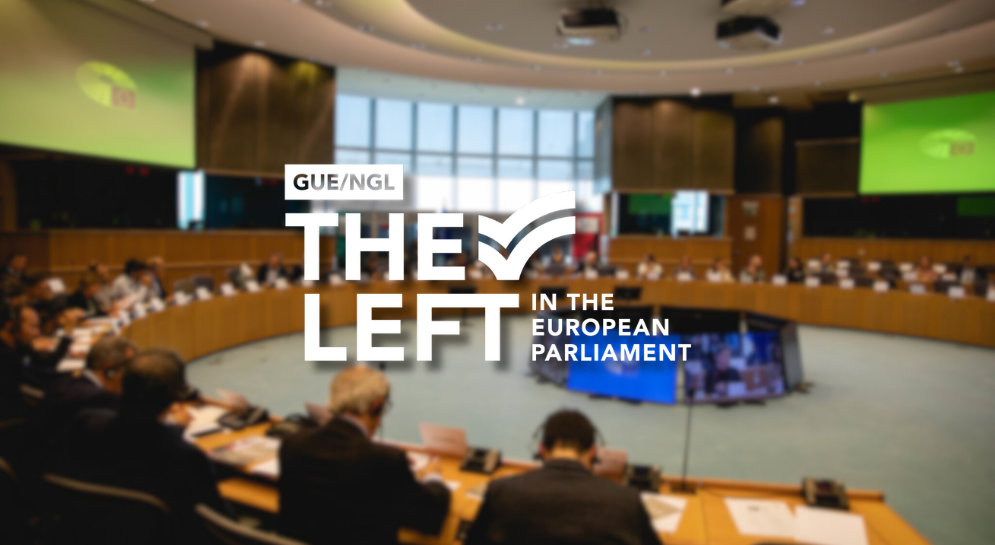
Statement by the Head of the AKEL Economic Studies Bureau of Haris Polycarpou on the Cyprus economy
AKEL C.C. Press Office, 21st March 2021, Nicosia
The annual Report on the Cyprus Economy and Employment released by the Cyprus Labour Institute of the Pancyprian Federation of Labour (PEO) includes two fundamental conclusions on the Cyprus Economy.
First, working people continue to bear the brunt of the economic crisis due to the pandemic, given that Cyprus registers the second biggest drop in working people’s incomes across the EU.
Second, the Cyprus economy needs a change in philosophy in economic policy. We need a strategy to boost economic growth that must be driven by increasing working people’s incomes. Such a strategy would increase the purchasing power of wages, and consequently increase private consumption, the country’s GDP and the number of employed working people.
It is quite clear that the N. Anastasiades-DISY Government cannot offer this perspective for the day after the pandemic. It has proven in practice that its vision is an economy based on a “get-rich-quick-easy money” predator philosophy and circumstantial profit. This policy must belong to the past.
We need an economy that will have as its fundamental principles the fairer distribution of wealth and the guarantee of quality jobs. An economy that respects the environment and protects natural resources from anarchic development. An economy that has as its principal priority the establishment of equity, justice and good governance in both the private and public sectors.
The country needs an economy that creates prosperity for the many and not just for the privileged few. Starting with a reform aimed at improving working people’s rights by:
- Ensuring minimum wage and elementary rights for all working people in all sectors
- Protecting collective labour agreements, with legislation for the mandatory implementation of the agreed collective agreement that exists in the sector.
- Suppressing false self-employment and terminating the purchase of services market to meet permanent needs by the public and semi-public sector.




